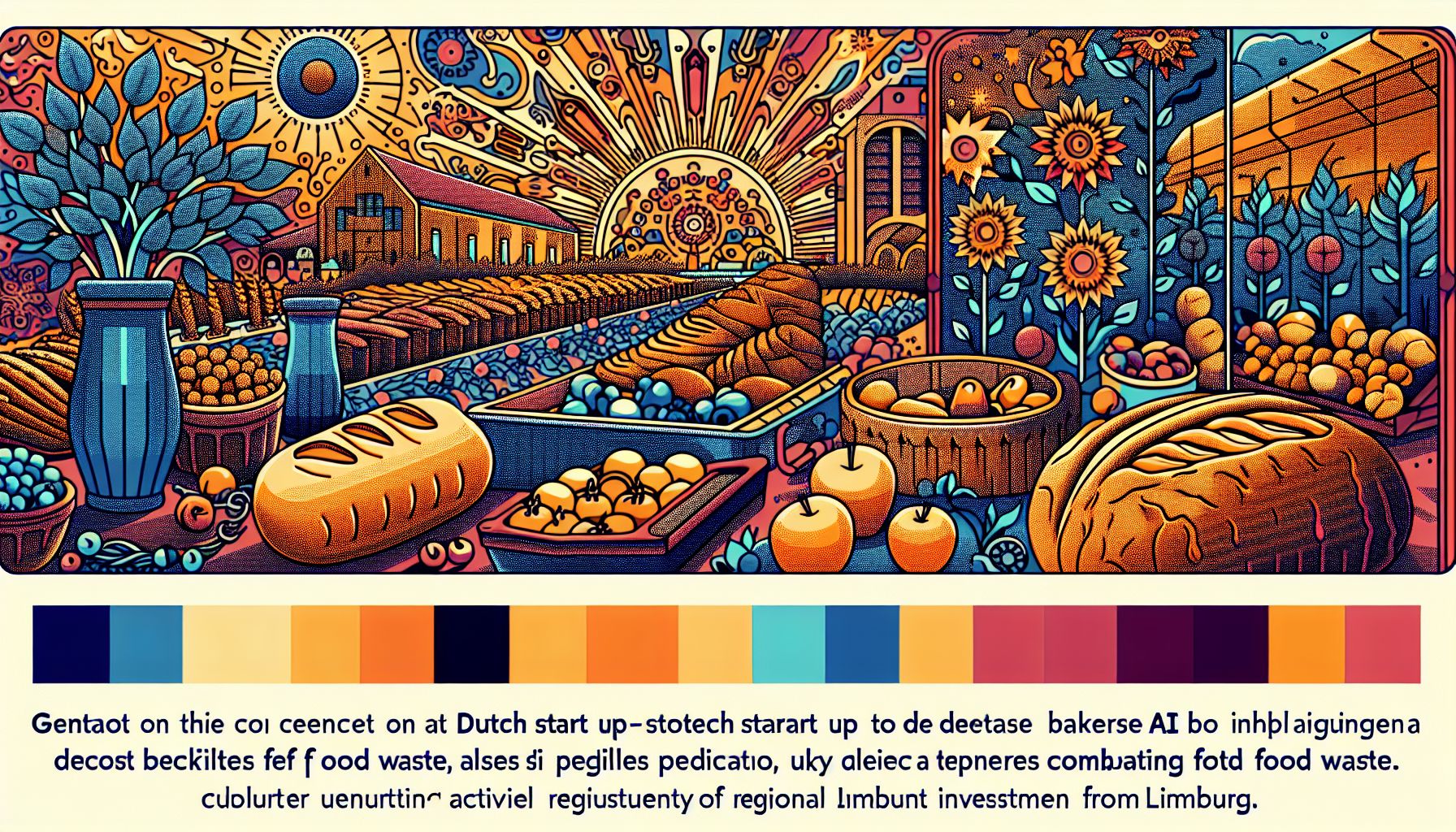Dutch Startup Uses AI to Cut Bakery Food Waste

Limburg, Monday, 16 December 2024.
COMPUTD, a Dutch AI firm, enhances bakery sales predictions to combat food waste, supported by Limburg’s regional investment.
Strategic Investment in AI Innovation
COMPUTD, an AI consultancy and technology company founded in 2019 [1], has received a strategic investment from LIOF, Limburg’s regional development agency, to accelerate the development of their innovative AI solution [1]. The technology aims to address a critical issue in the Netherlands, where an astounding 700,000 loaves of bread are discarded daily [1], highlighting the urgent need for innovative solutions in the food sector.
Advanced AI Technology for Precise Predictions
The company’s AI solution analyzes historical sales data to provide accurate forecasting for bakeries [1]. This sophisticated approach enables bakeries to optimize their production planning and significantly reduce surplus inventory [1]. Led by CEO Marcell Igneczi, COMPUTD specializes in customizing AI solutions to meet specific business needs, helping companies achieve their strategic objectives through artificial intelligence [1].
Regional Impact and Future Development
The investment from LIOF positions COMPUTD to expand its technological capabilities and scale its operations within the bakery sector [1]. The company is now preparing to enter the next phase of product development, working with leading bakeries in Limburg [1]. According to LIOF investment manager Lenn Houbiers, this investment not only supports a promising company but also promotes a sustainable future by applying AI technology to address societal challenges like food waste [1].
Broader Context of AI in Food Waste Reduction
COMPUTD’s initiative aligns with the growing trend of utilizing AI technology in food safety and security [3]. AI applications in the food industry have demonstrated notable benefits in efficiency, precision, uniformity, and pattern identification [3]. This technological approach to food waste reduction represents a significant step toward creating more sustainable food systems, particularly important as the industry faces increasing challenges in resource management and environmental impact [3].

